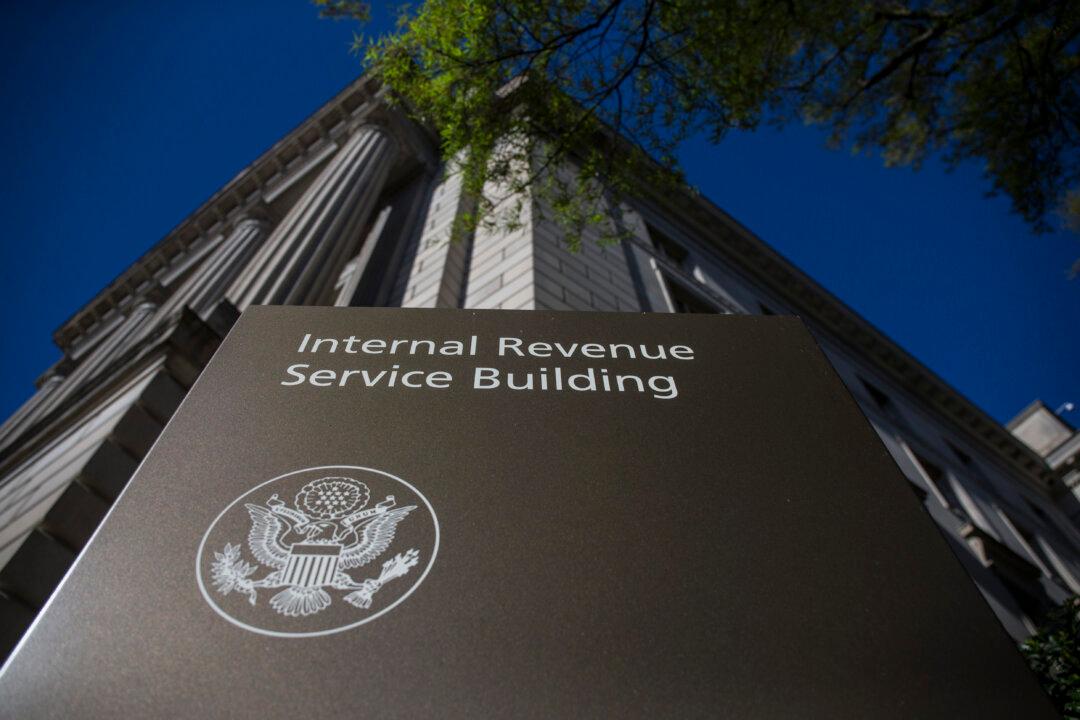Commentary
While I can’t say I’m supportive of cancel culture, I am incredibly supportive of cancel culture when it is directed at the IRS.

While I can’t say I’m supportive of cancel culture, I am incredibly supportive of cancel culture when it is directed at the IRS.